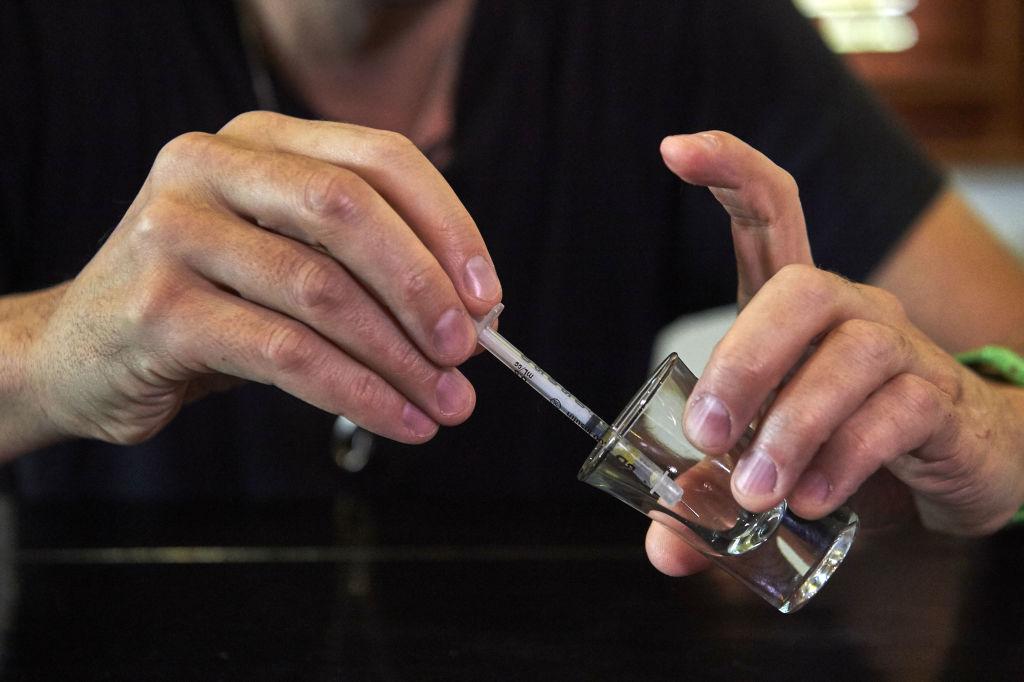Australia has extended its partnership with Papua New Guinea (PNG) for another three years, delivering snake antivenom doses and healthcare worker training.
This initiative supports the PNG government in developing a sustainable antivenom supply capacity, addressing its limited stocks of snakebite antivenoms and reducing snakebite-related deaths in the country.




